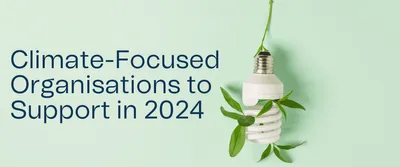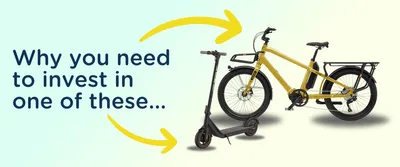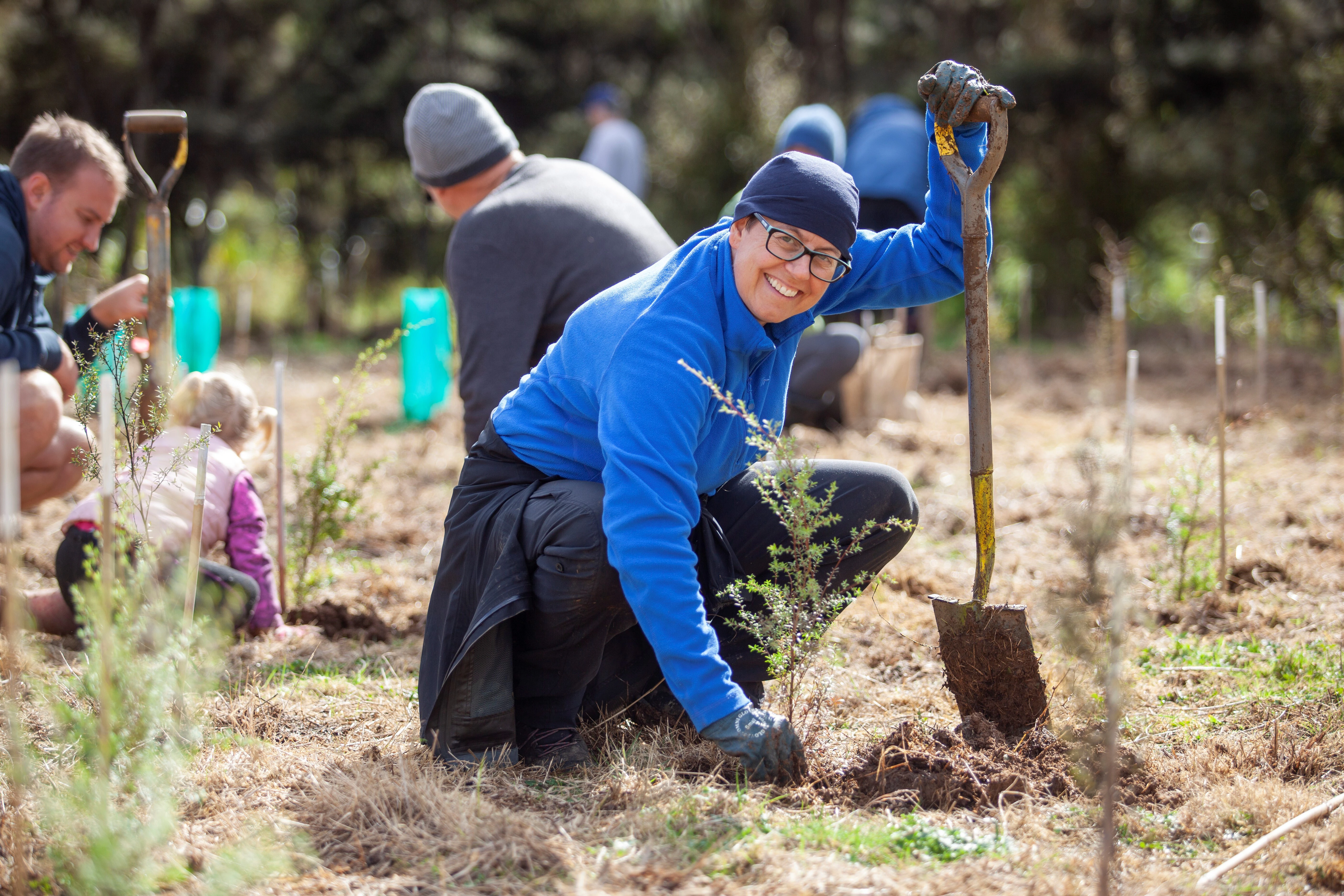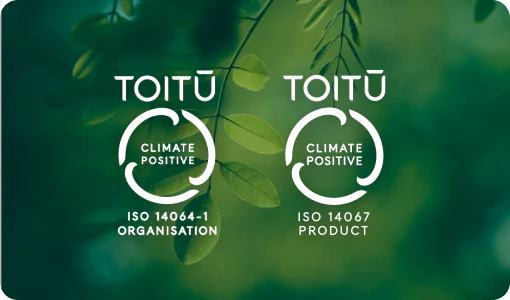How to eat more sustainably without changing your diet
11/07/2019
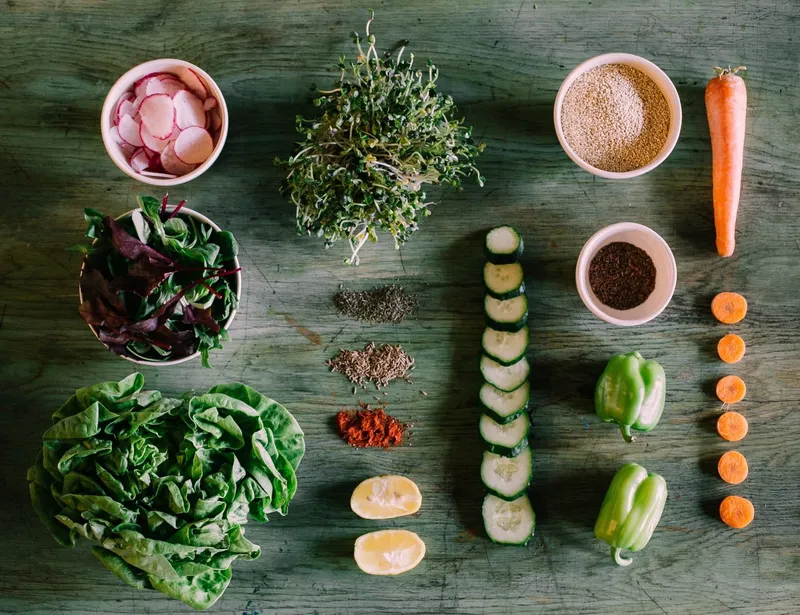
Coming up with a menu for your family can be a real headache. Everyone has specific tastes and preferences, and it can be hard to incorporate that into meals that are simple and cost-effective. One of the reasons why many people struggle to eat more sustainably is because they don’t want to go through the hassle of changing what they eat.
There are plenty of simple changes you can make that will have a positive impact on the environment without giving up your favourite foods. Here are just a few ideas:
1. Eat less meat
I know. I know. I just got through saying how you can eat more sustainably without changing your diet. But hear me out.
The production of meat is much more intensive on resources and the environment. Because of this, eating less meat is one of the most sustainable decisions you can make. You can do this simply by incorporating a 1-2 days of the week where you eat a vegetarian meal (such as the Meatless Monday movement).
Another tip to eat less meat is to reduce the amount you use in certain dishes. For example, when making chili con carne, halve the amount of mince and double the amount of vegetables and beans. It’s now much healthier, and it’s possible no one will even notice the difference.
2. Look for recyclable packaging
Compare the packaging on different products to see what can be recycled. When you consider packaging, also consider which packaging has the most resource-intensive production process – paper and card use less emissions to produce than plastic, and they’re much easier to recycle.
Did you know that you can refill your Ecostore containers at various stores and locations around the country? You can buy a container once and reuse it again and again – filling your own saves you money and is kinder to the environment.
3. Shop in bulk for basics
Head to the bulk bins and use your own reusable containers for pantry basics, like flour, sugar, legumes, baking powder, cereals, nuts, and dried fruit. You can even find spices in bulk from spice stores. You’ll often find buying in bulk will save you money, too.
4. Shop local wherever possible
Most of the products at your supermarket have been produced far from the building (sometimes even in another country). This means they’ve been transported long distances and have been stored for many days in refrigeration units, all of which are a drain on the environment.
Food produced locally hasn’t racked up “food miles.” By eating local you reduce emissions from transport and storage of food.
While you’re at it, talk to local farmers and producers about how they grow and care for their products. This can help you understand more about how food is grown and produced, so you can make more ethical choices.
5. Reduce your food waste
New Zealanders throw away a whopping 157,389 tonnes of food every year – equivalent to 271 jumbo jets stuffed full of food waste.
To put that in perspective, that amount of food could feed everyone in Dunedin for three years! Instead it goes into landfill, where it won’t decompose because of the toxic environment.
Find ways to reduce your waste, such as buying less food, storing it better so you can eat it before it goes bad, finding new ways to use bits you don’t eat (such as making stock from broccoli stalks and making breadcrumbs from the ends of a break loaf), or learning how to compost.
The Love Food Hate Waste website is full of great ideas on preventing food waste.
Shopping and eating more sustainably is all about making clever choices. You can make a difference without sacrificing taste. What other tips do you have for creating a sustainable diet for your family?


